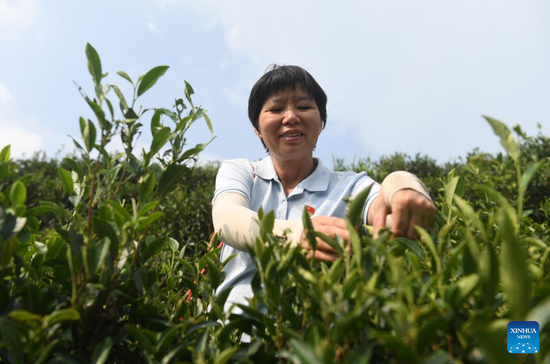
Zhu Xuelan picks tea leaves in Shanping, a Yao ethnic village in Liubao, south China's Guangxi Zhuang Autonomous Region, Sept. 22, 2022. (Photo: Xinhua/Lu Boan)
When Zhu Xuelan raised the idea of disclosing her family's tea-making secret to fellow villagers, she received strong opposition from her family members.
"How can we share the crafts passed down from our ancestors with other people?" This was the most common response. Zhu comes from a family of master tea-makers in south China's Guangxi Zhuang Autonomous Region.
They make Liubao tea, a Chinese dark tea characterized by its strong and lingering fragrance and medical effects. The tea, with a history of more than 1,500 years, was named after Zhu's hometown Liubao Town.
Zhu, 51, is the Party chief of Shanping, a Yao ethnic village in Liubao. She was elected a delegate to the 20th National Congress of the Communist Party of China.
Once in poverty, the village has prospered thanks to Zhu's leadership and generous sharing of her family secret.
Most households in Zhu's village of Shanping know how to grow and make Liubao tea. However, about a decade ago, the tea quality varied greatly due to different tea-making skills, and those who had achieved success kept their crafts as a family secret.
That did little to help the local tea industry, which suffered from inconvenient transportation and limited information back then due to the mountain-locked landscape.
Zhu, elected Party chief of the village in 2008, was determined to change the situation and seek fortune for her folks.
Among the first things she did was to build cement roads to connect the village to the outside world. Then, she turned to vitalize the traditional tea-making trade of the village.
Despite opposition from her family, Zhu insisted on sharing the family tea-making secret.
"To develop an industry, you can never do it alone. Only by creating our brand can the industry really prosper," said Zhu, who keeps in mind her identity as a Party member.
"As a Party member, I always remember my original aspiration when I joined it," said Zhu. "Tea-making is a good path to prosperity. If I didn't share my family craft to others, how could our mountainous village achieve better development?"
She turned the bungalow where she processed tea into a classroom and began imparting tea-making skills to tea planters from Shanping and surrounding villages.
Over the years, Zhu has helped nearly 1,000 tea industry practitioners master traditional tea-making skills for high-quality products to increase their income.
Gradually, the Liubao tea produced by the Shanping village won fame in the country, and more and more people in the village joined the industry.
In 2016, Shanping Village was lifted out of poverty, and tea plantations have expanded from 20 hectares 10 years ago to more than 170 hectares now. By the end of 2021, the villagers' annual per capita income reached 21,000 yuan (about 2,958 U.S. dollars).
"I have witnessed the changes in Shanping over the past decade," Zhu said, adding that she is preparing to combine the local tea culture with Yao ethnic culture for tourism development in the future.











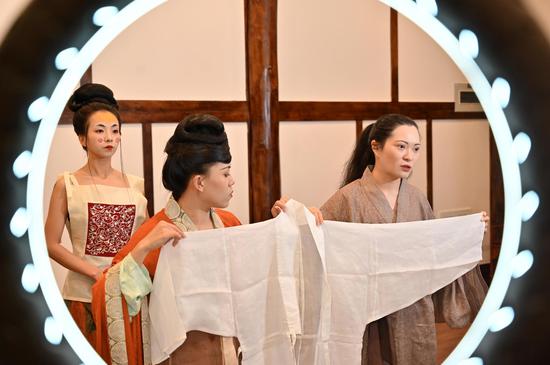
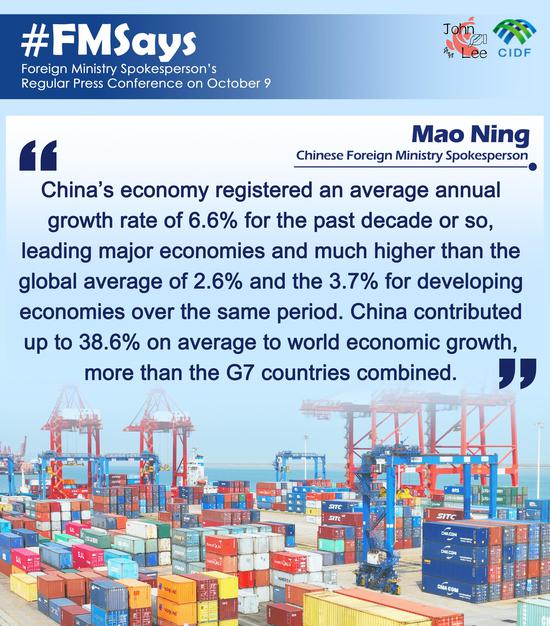
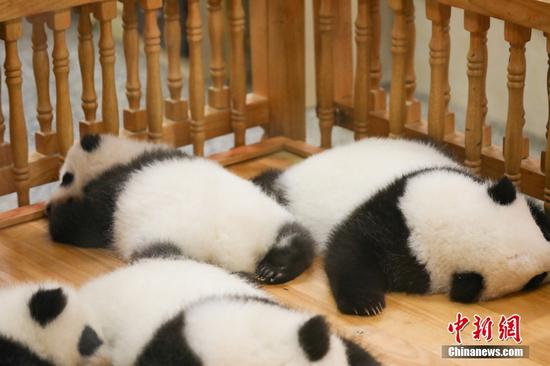



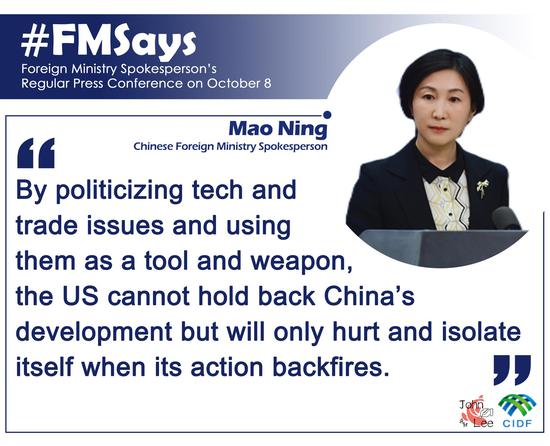







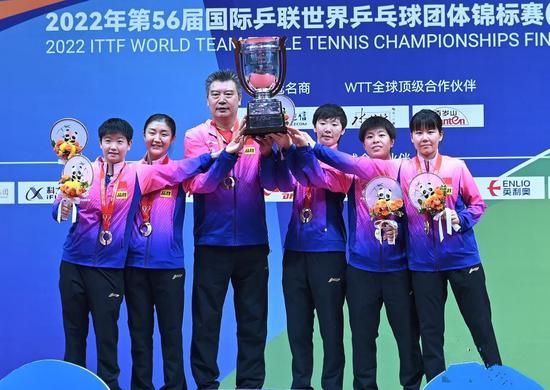

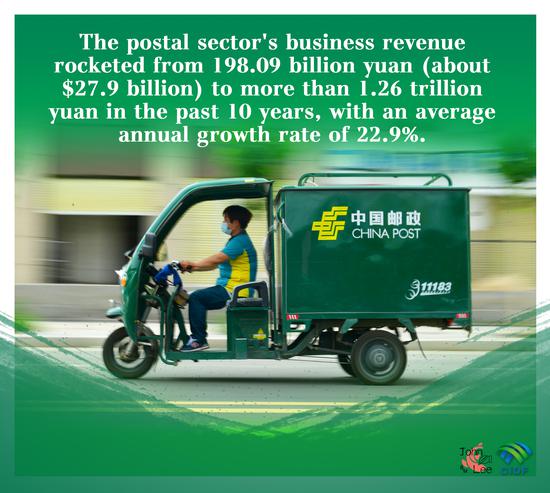
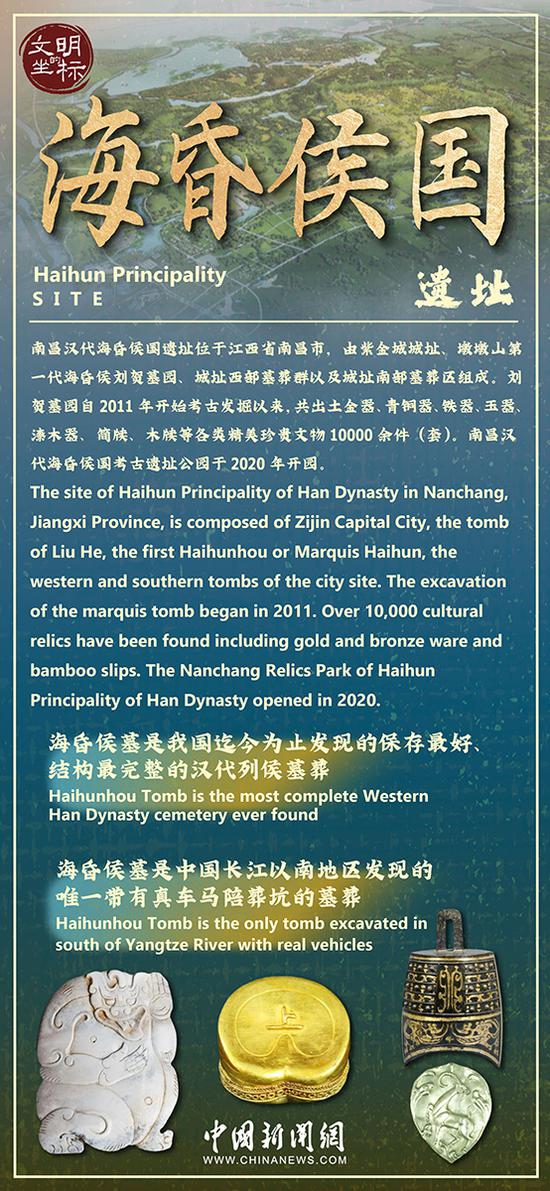



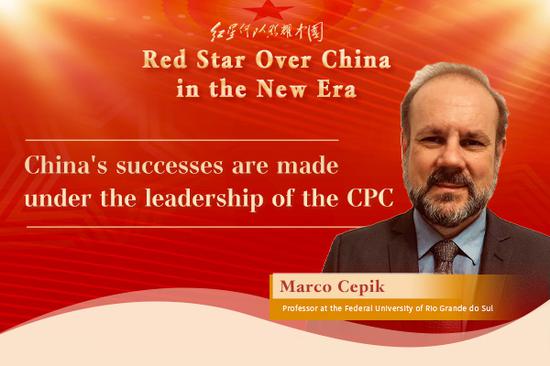

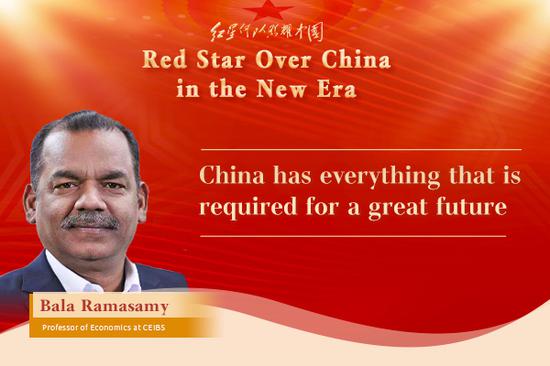



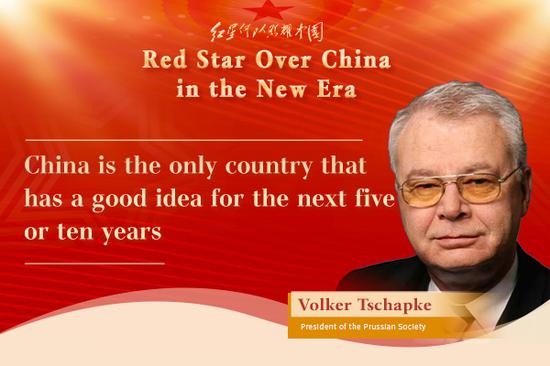

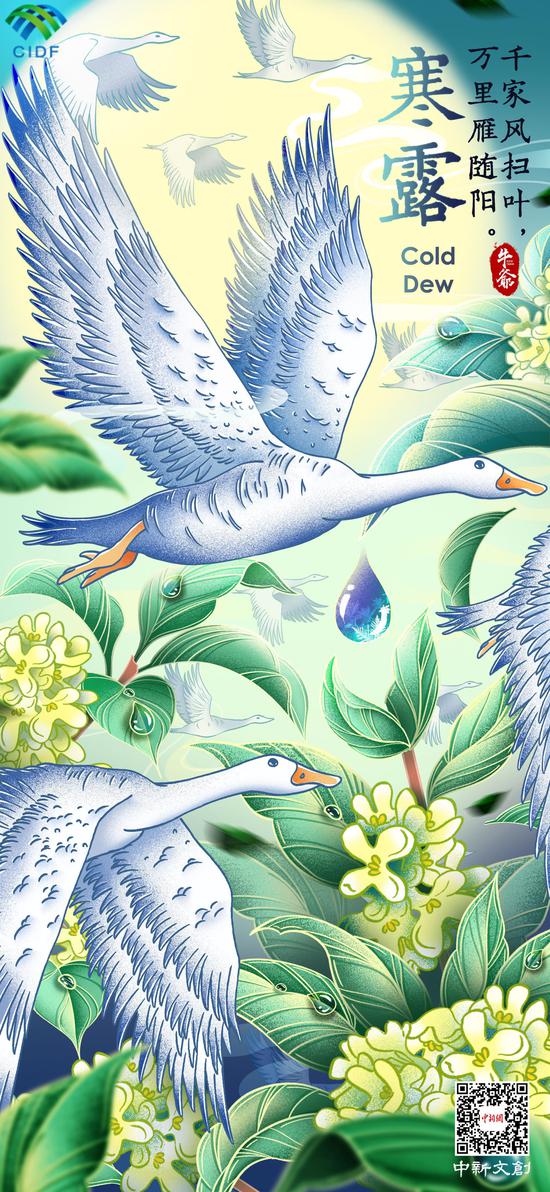


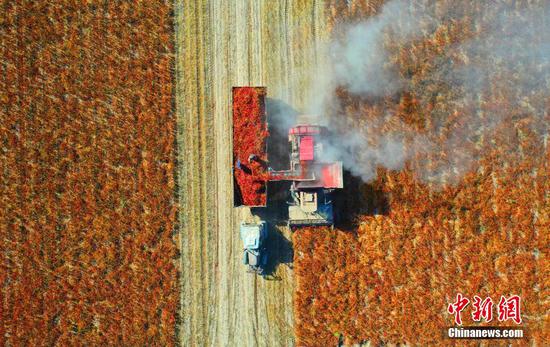
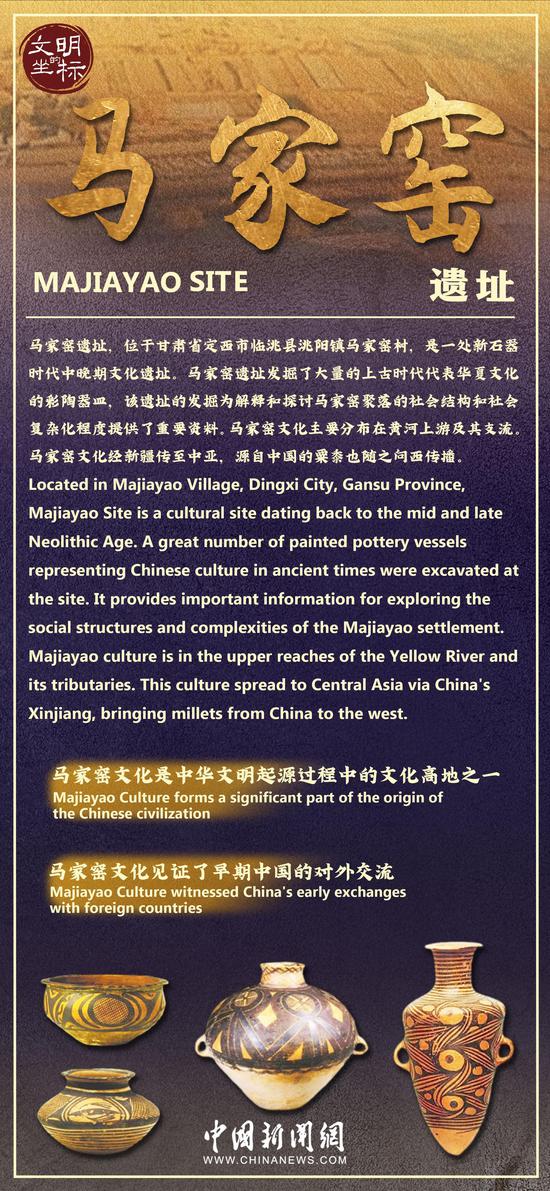





 京公网安备 11010202009201号
京公网安备 11010202009201号